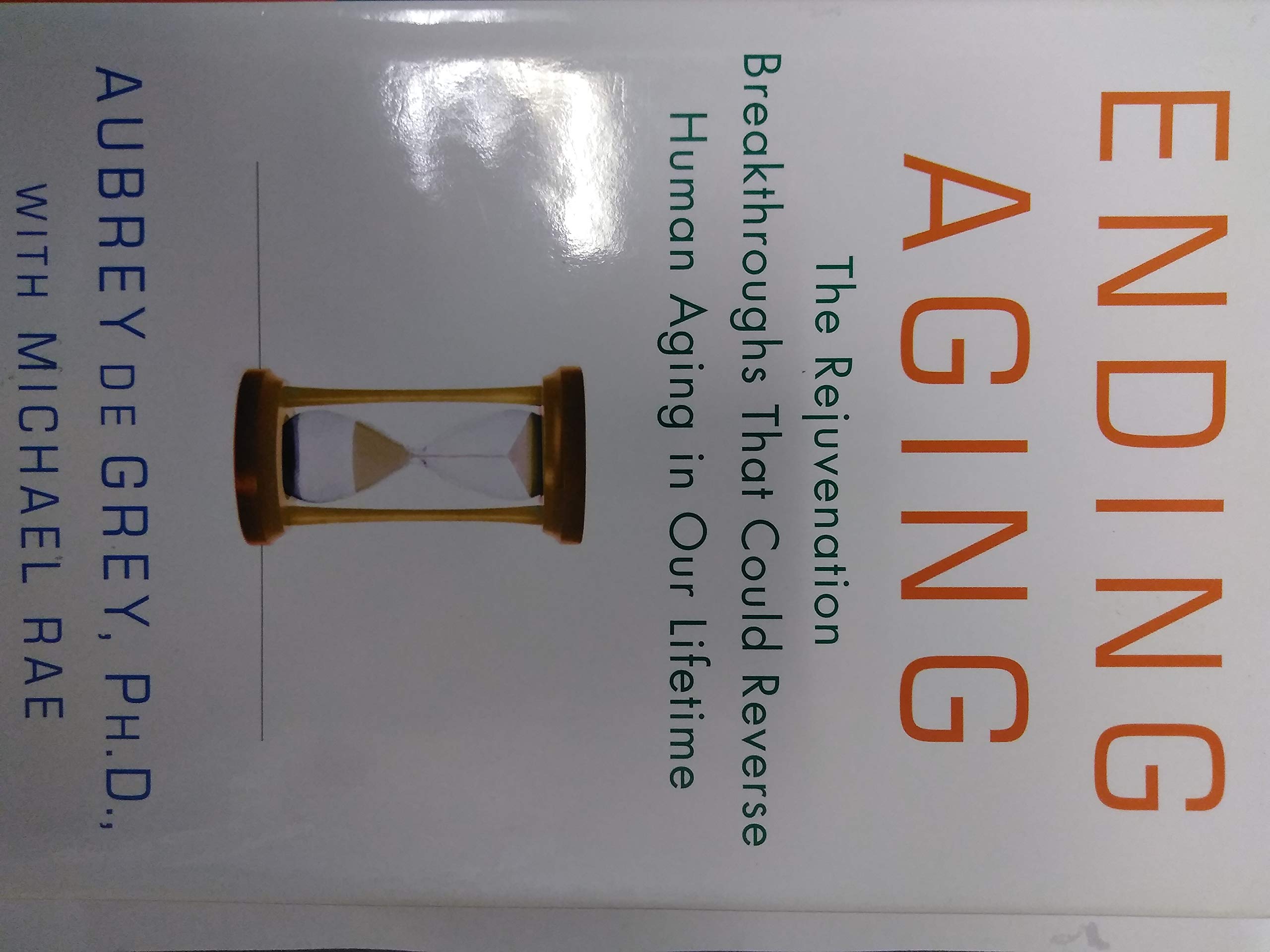http://www.amazon.com/Ending-Aging-Rejuvenation-Breakthrough...
If it wasn't illegal to commercially develop ways to treat aging, there would be a lot more progress than has happened to date.
http://www.fightaging.org/archives/2010/03/the-roadblock-tha...
Making humans immune to cancer in the SENS proposals is accomplished via this methodology:
http://www.fightaging.org/archives/2008/06/complicating-wilt...
But from where I stand, watching research fairly closely for some years, I'm not particularly worried about cancer - the next generation of targeted and immune therapies under development now will be highly effective, and are looking very good in the laboratory:
http://www.fightaging.org/archives/2010/01/the-prospect-of-c...
The $1 billion figure for realizing SENS is referenced in these items; I'm not aware of a full line item breakout:
http://www.sens.org/files/pdf/SIAAR-PP.pdf http://www.sens.org/files/pdf/A4M04-PP.pdf
Sadly, because aging isn't considered a disease by the FDA and other regulatory bodies, there is actually very little research being done on it if you take into consideration the fact that it kills more people than anything else in the rich countries (100-150k/day, usually after a long period of suffering).
If you want to learn more about what they are doing and why they think their engineering approach has a chance of success, check out Aubrey's book (the paperback version contains a new chapter, afaik):
http://www.amazon.com/Ending-Aging-Rejuvenation-Breakthrough...
It contains a lot of biology, but should be understandable to the lay person.
And if all you want is a really quick intro, check out his TED talk (it's a bit old now (2005), but the general concepts have stayed mostly the same despite recent progress):
http://www.ted.com/talks/aubrey_de_grey_says_we_can_avoid_ag...
or the talk that he gave at Google (2007):
When that is taken into account, the fight against the diseases of aging (actually reversing aging, not just making people live a couple of years more in a senescent state) is incredibly under-funded compared to all kinds of other things.
Vaccines are important, but they're already getting attention. What about saving that kid's life when he's 80 years old? Your dollars make a bigger difference when used doing research in fields that are currently overlooked because aging isn't considered a disease by most (yet).
SENS.org is where I donate most of my charity money.
http://www.ted.com/index.php/talks/view/id/39
and
http://video.google.com/videoplay?docid=8554766938711591377&...
and
http://www.amazon.com/dp/0312367066
for background info.
Please at least read/see those before making the same "it won't work/wouldn't be a good thing" arguments that everybody has made a thousand times when first introduced to this. Thank you.


Also technically incorrect on the mental decline as well - our brains do start to irrevocably decline at around age 30. Our myelin sheaths fully develop in the early 20s, and from there, we have a few golden years until it's all downhill :D http://www.sciencedaily.com/releases/2009/03/090320092111.ht...